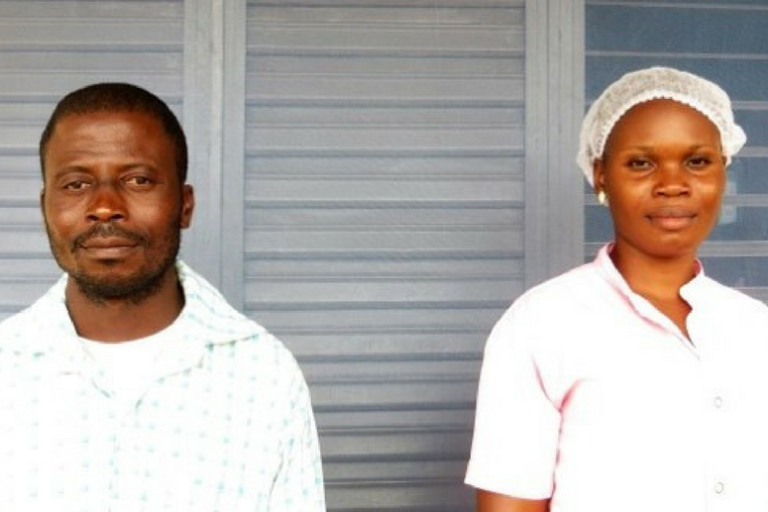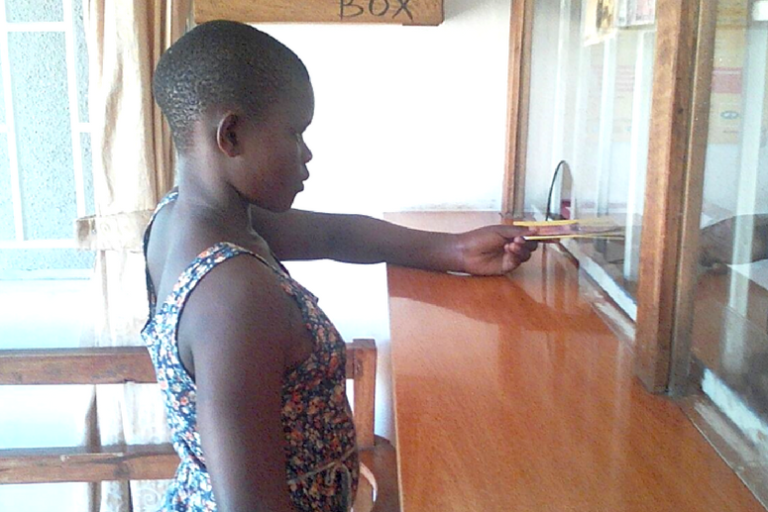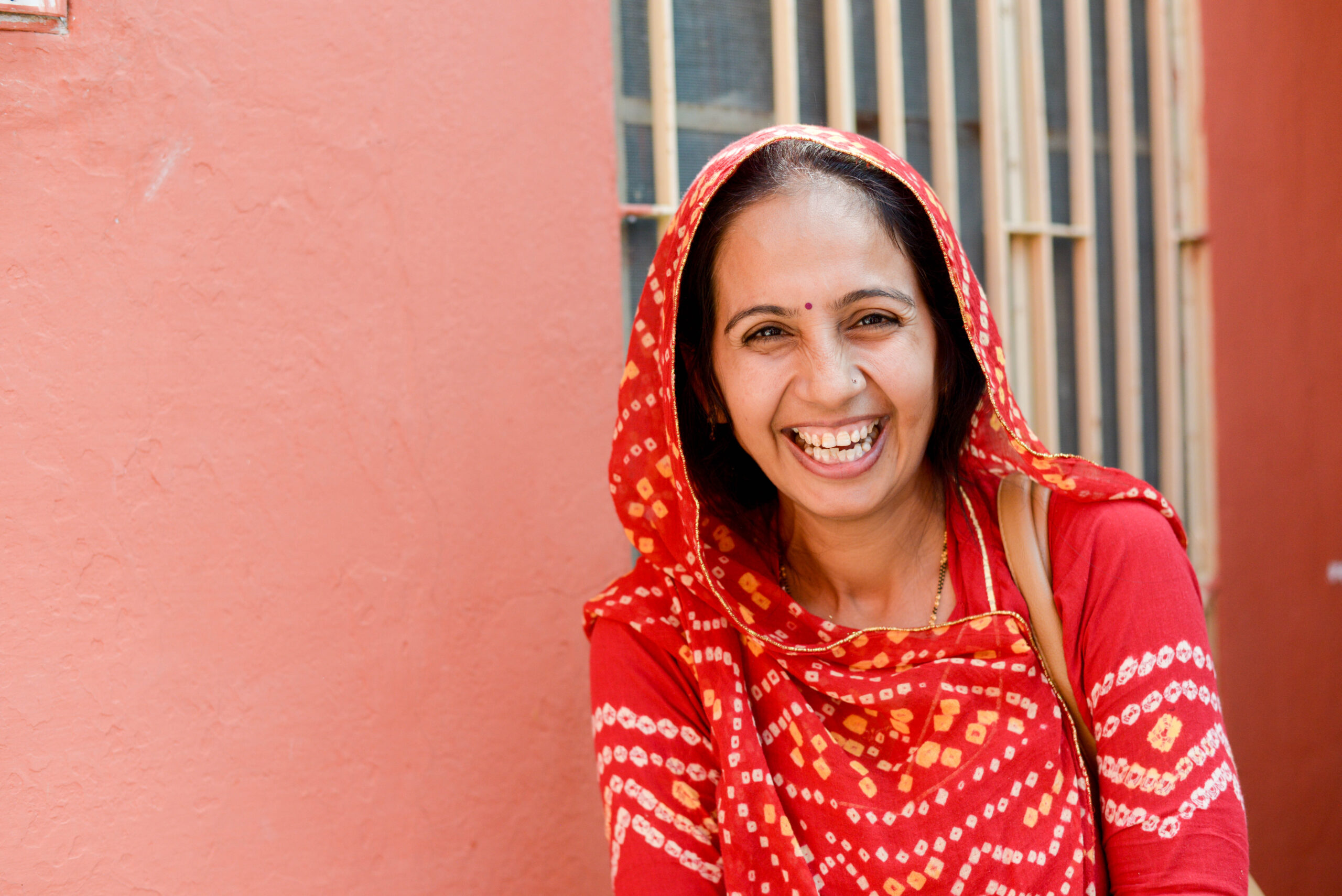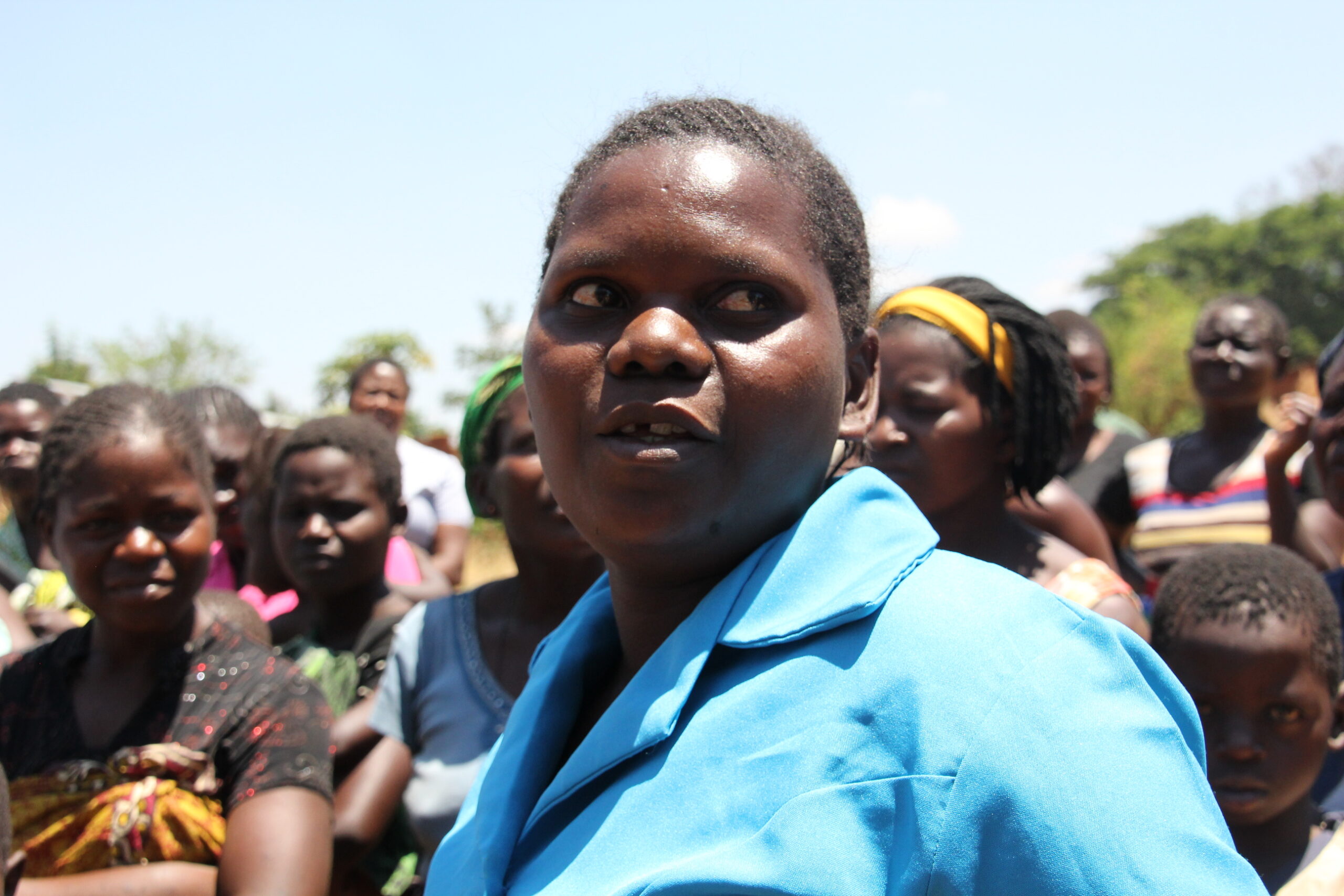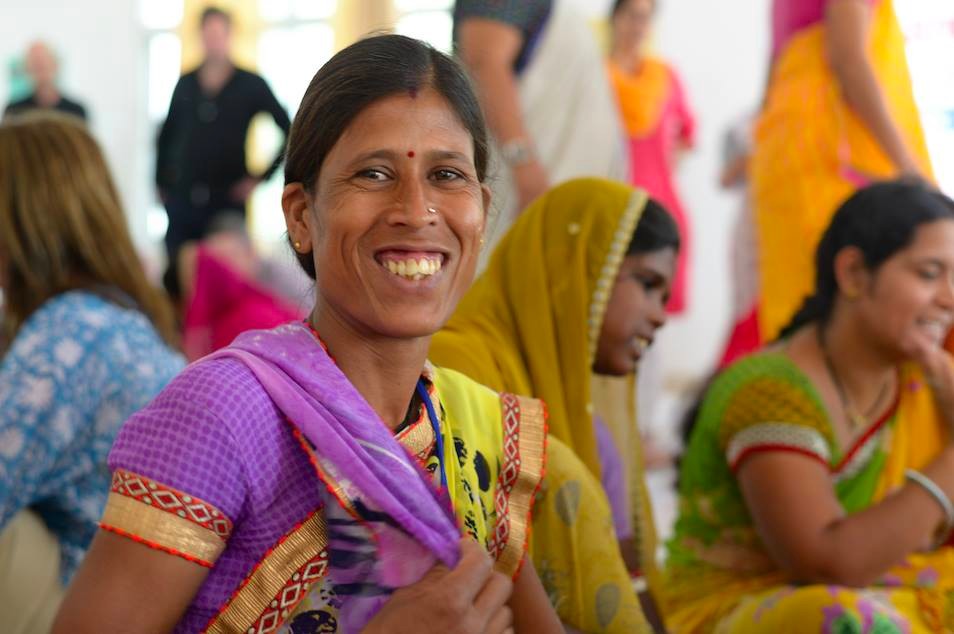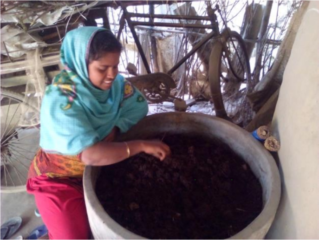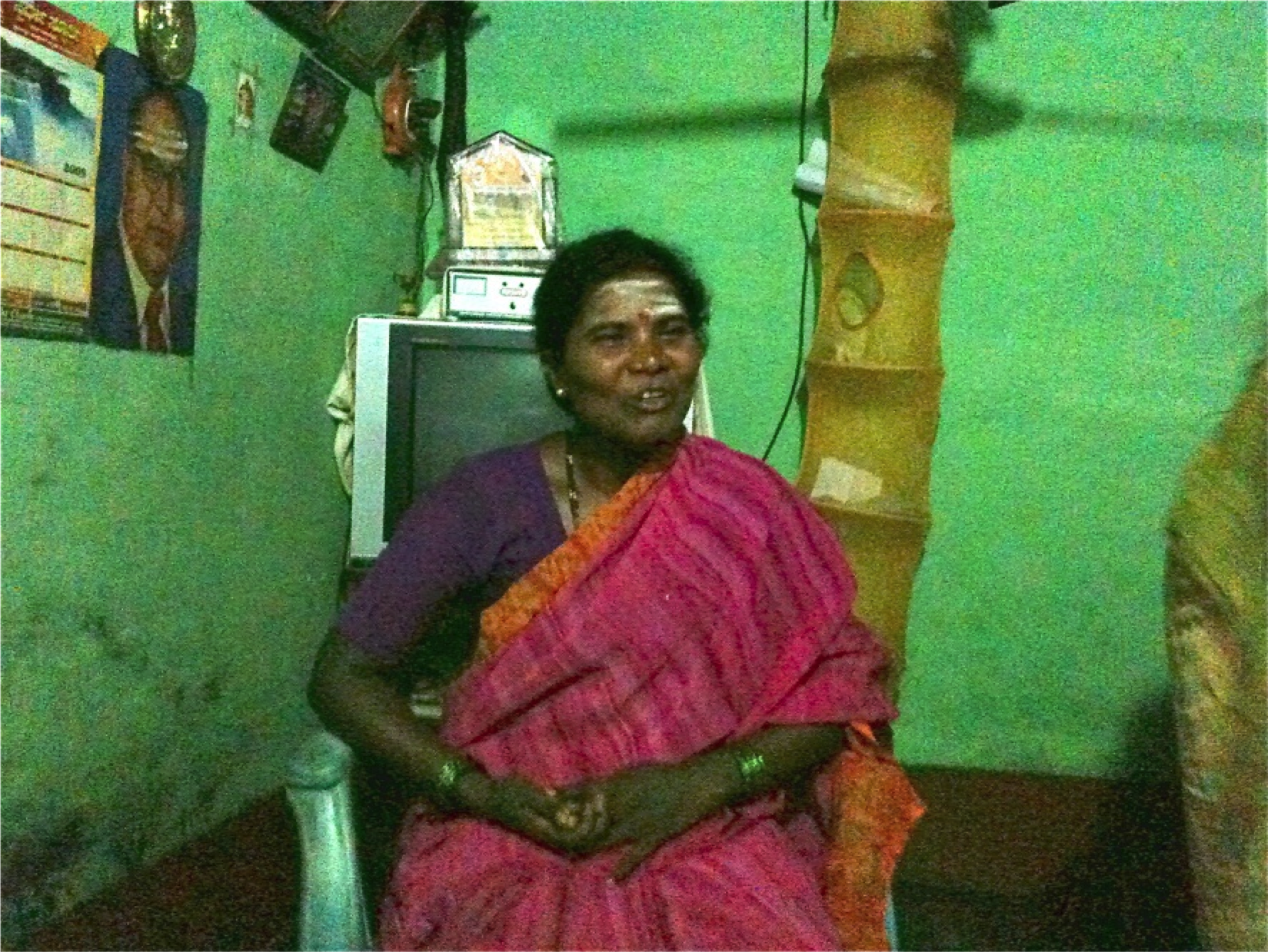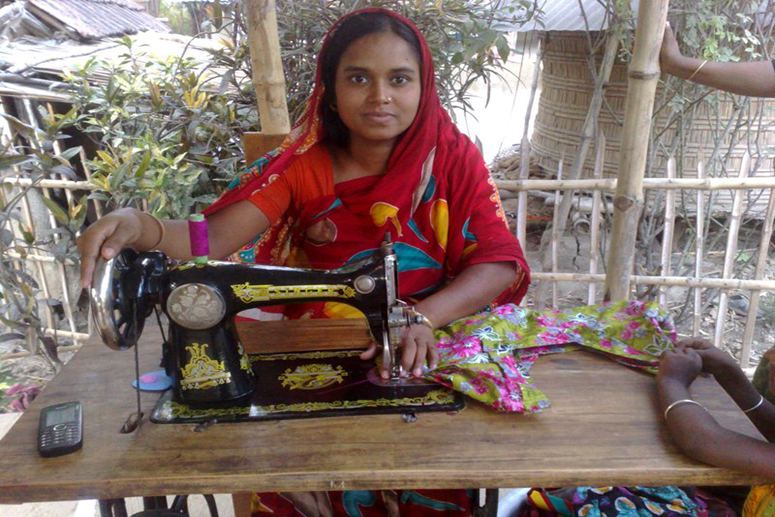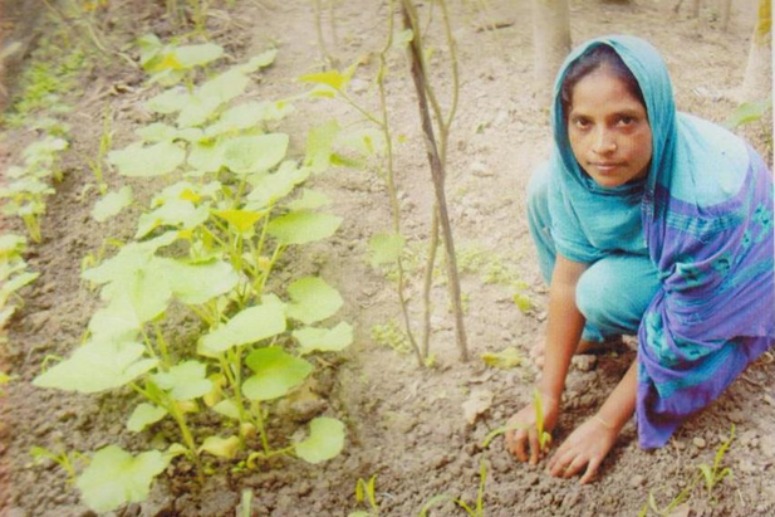At Lahotan Epicentre in central Benin, The Hunger Project-Benin is working with the local community to staff and expand a small health clinic and to promote its services among community members.
Fathimath is an epicentre midwife who has worked at the clinic for a year, alongside two assistants and a guard. At regular intervals, a doctor is present at the clinic as well. Before she arrived in Benin, Fathimath had a job in a private clinic in Togo, a neighbouring country. Her previous clinic was equipped for surgery and she is accustomed to providing complex care. When people are in the epicentre clinic for more than two days, Fathimath knows when to refer them to a larger hospital.
At first, patients were slow to come to the clinic. “Not many people believe they will find quality care so close to home. Most people wait, hoping their medical complaints will disappear, or until they are very ill. When that happens, they are often beyond our help. This is really sad,” said Fathimath.
To change the community’s perception of the Epicentre Clinic, Fathimath partnered up with Justin Dividé, the Chairperson of the Health Committee at the Epicentre. All six committee members are volunteers at the clinic and are educating their own villages on the importance of prenatal care.
“Justin truly is my right hand. Or, no, really, he is my right arm! He often accompanies me on house calls, for instance, because the people around here tend to take him more seriously than an outsider, like myself. Last year we visited every surrounding village to explain what we offer in the clinic,” said Fathimath.
“It’s for the well-being of my village, so Fathimath can always call on me when she needs my help. I am glad I have been able to convince people of her qualities,” Justin adds.
Today, more and more people are beginning to use the clinic, which is making a significant impact on the surrounding villages. Community members can deliver their children and be treated much closer to home. By using the health clinic instead of driving to a larger hospital, community members are also able to save money. In addition to requiring less gasoline to get to the clinic, community members don’t need to purchase food during their hospital stay, being close enough to cook at home and bring food to the clinic. Newly pregnant couples are now asking the clinic to acquire an ultrasound machine, so they can find out if they are carrying a boy or a girl.
As her second half-year contract draws to an end, Fathimath is uncertain if she’ll be offered a permanent contract to remain with the clinic. However, when asked if she would like to stay at such a small clinic, Fathimath said, “Yes, I really hope I will be able to stay. I have a nice house here, where I live with my son. But more importantly, when people start visiting the clinic, I feel I can really make a difference here, for instance, by advising mothers on food for their children.”
Report by Evelijne Bruning
Photo credit Johannes Odé

